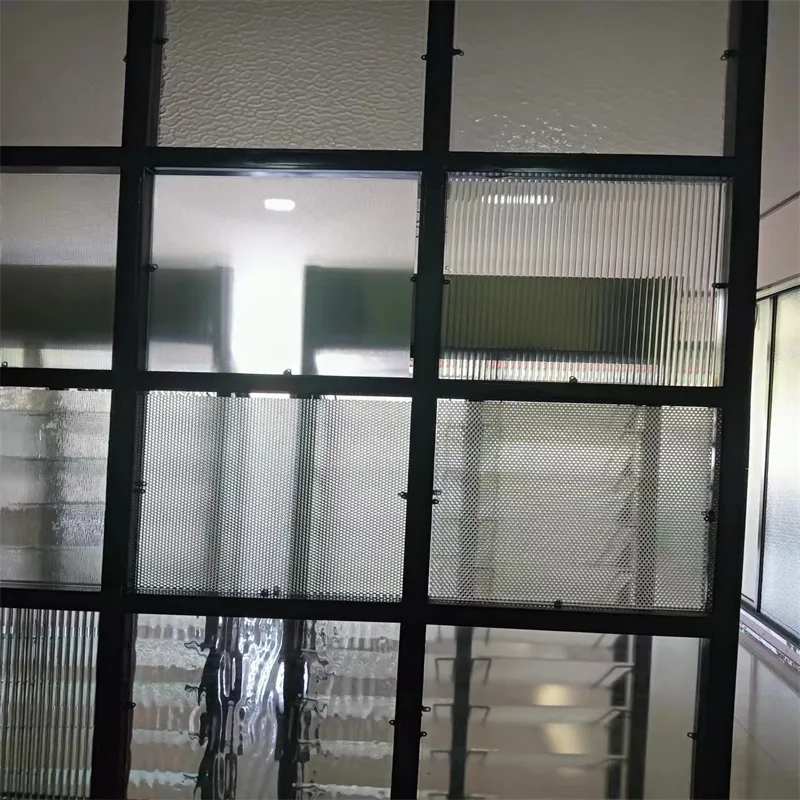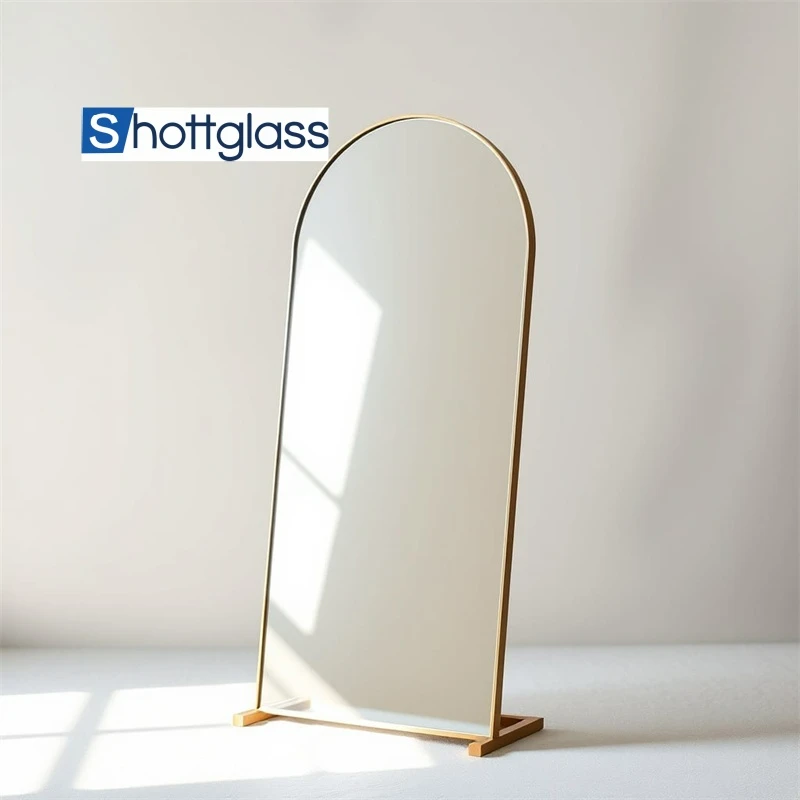Sep . 22, 2024 09:54 Back to list
tempered glass roof
The Benefits of Tempered Glass Roofs
In modern architecture, tempered glass roofs have emerged as a popular choice, combining aesthetic appeal with functionality. These roofs not only enhance the beauty of a structure but also offer numerous advantages, making them a smart investment for both residential and commercial buildings.
What is Tempered Glass?
Tempered glass is a type of safety glass that has been treated with heat and chemicals to increase its strength compared to regular glass. The tempering process involves heating the glass to high temperatures and then rapidly cooling it, which puts the outer surfaces into compression and the inner surfaces into tension. This manufacturing method not only reinforces the glass to withstand impacts better but also causes it to shatter into small, blunt pieces rather than sharp shards, making it a safer option.
Aesthetic Appeal
One of the most significant benefits of a tempered glass roof is its aesthetic value. It allows for stunning natural light to flood through, creating bright and inviting spaces. Whether in a modern home, a commercial building, or a conservatory, a glass roof serves as a striking visual element. The transparency of the glass creates a seamless connection between the indoors and the outdoors, providing captivating views of the sky and nature.
Durability and Safety
Tempered glass roofs are known for their impressive durability. They are resistant to thermal stresses and are less likely to crack or break under extreme weather conditions, such as heavy rain, snow, or hail. This durability makes them an ideal choice for regions that experience harsh climatic variations. Furthermore, the safety aspect is paramount; in the event of breakage, tempered glass will not shatter into dangerous shards but rather break into small, less harmful pieces.
tempered glass roof

Energy Efficiency
Modern tempered glass roofs often incorporate energy-efficient technologies, including double or triple glazing, low-emissivity (Low-E) coatings, and insulating layers. These technological advancements help regulate indoor temperatures, reduce energy consumption, and lower heating and cooling costs. By minimizing heat transfer, these roofs contribute to a more comfortable living environment and have a positive impact on the environment by reducing the carbon footprint.
Versatility in Design
Tempered glass roofs are versatile and can be customized to fit a wide range of architectural styles, from contemporary to traditional. They can be used in various applications, including skylights, patios, and garden rooms, providing architects and homeowners with the flexibility to create unique designs. The ability to shape and align the glass panels allows for innovative constructions that stand out from conventional roofing options.
Maintenance and Longevity
Another advantage of tempered glass roofs is their low maintenance requirements. They are easy to clean, requiring only occasional washing to remove dust and debris. Additionally, the longevity of tempered glass means that it can remain functional and aesthetically pleasing for years, making it a cost-effective option over time.
Conclusion
In conclusion, tempered glass roofs represent a harmonious blend of beauty, safety, and sustainability. Their various advantages make them an excellent choice for anyone looking to enhance their building's design while ensuring durability and efficiency. As more architects and homeowners realize the potential of tempered glass, it's likely that this innovative roofing solution will continue to grow in popularity, paving the way for a brighter and more transparent architectural future.
-
Mirror Glass: A Multifunctional Material in the Interweaving of Light and Shadow
NewsAug.20,2025
-
Laminated Glass: A Special Material That Safeguards Safety and Transparency
NewsAug.20,2025
-
Insulated Glass: The Ideal Choice for Building Energy Efficiency
NewsAug.20,2025
-
Frosted Glass: The Perfect Fusion of Hazy Aesthetics and Practical Functionality
NewsAug.20,2025
-
Coated Glass: A Fusion of Functionality and Aesthetics in Modern Decoration
NewsAug.20,2025
-
Clear Float Glass: A Transparent Aesthetic Carrier in Modern Decoration
NewsAug.20,2025
Related PRODUCTS














